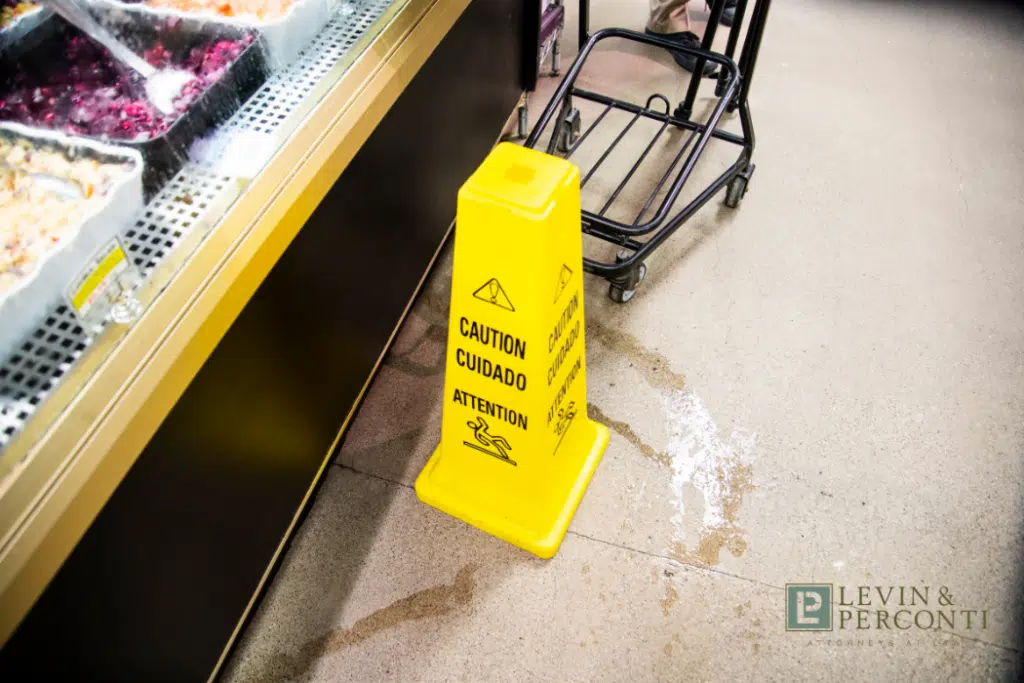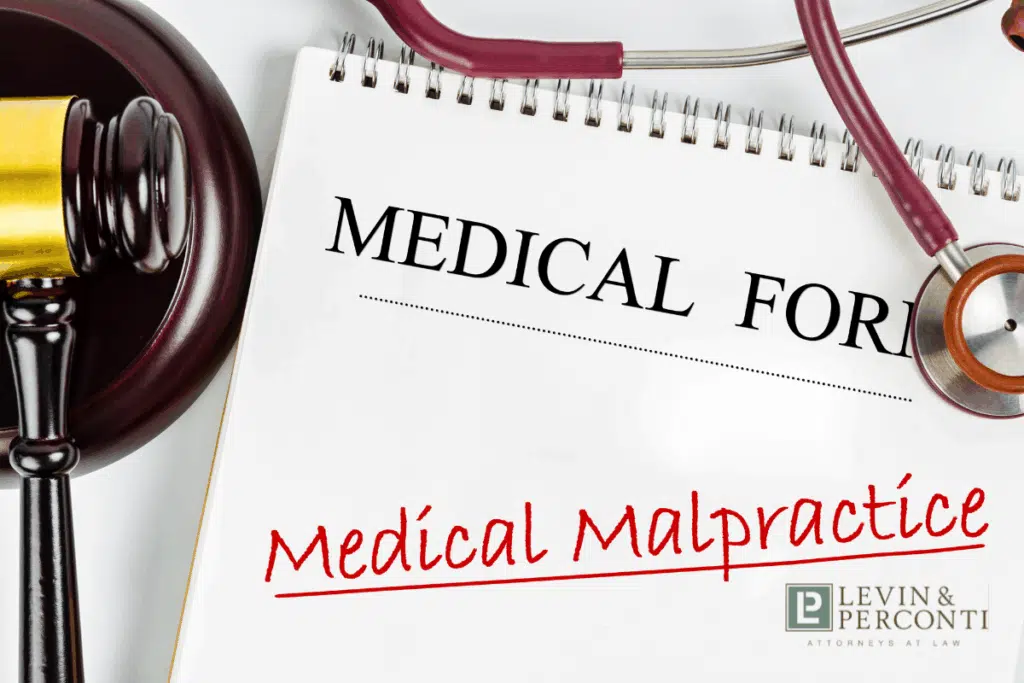If your loved one has suffered physical, emotional, sexual, or financial abuse or neglect in a care setting, you may be entitled to pursue financial compensation through a civil lawsuit. The elder abuse lawsuit process is a complex undertaking that requires thorough investigation, strong evidence, and knowledge of filing procedures and deadlines. Our nationally recognized elder abuse attorneys have been standing up to nursing homes since 1992, and our knowledge of state and federal elder abuse laws is unmatched.
Filing an Elder Abuse Lawsuit in Illinois
If you or your loved one has experienced abuse or neglect in a nursing home, assisted living facility, or any other setting, you may have grounds to file a civil lawsuit. We have recovered over $1 billion in compensation for our clients, including several record-setting nursing home abuse settlements and verdicts. We never accept less than full compensation. Filing an elder abuse lawsuit requires numerous steps, but you can trust us to stand with you until your loved one gets justice.
Document the Abuse
To prevail in an elder abuse lawsuit, you need concrete evidence that the abuse occurred and caused harm. Document any conversations you have with your loved one about the abuse, any observed signs of abuse, and your conversations with nursing home staff. Save all correspondence you receive from the nursing home or any state agency. Our attorneys can determine what additional evidence you will need after we review your case.
Report the Abuse
It is crucial to report any reasonable suspicion of abuse because it could be the speediest way to help your loved one. In Illinois, multiple agencies accept elder abuse reports. If the abuse occurs in a private setting, report the abuse to Adult Protective Services by calling (866) 800-1409.
If your loved one has been abused in a hospital, nursing home, or assisted living facility, call the Illinois Department of Public Health at (800) 252-4343 or print and complete the Health Care Facilities Complaint Form and mail, fax, or email it. The department recommends using the online portal to report abuse.
If your loved one has been abused in a health care facility, report the abuse to the administrator in addition to the Department of Health. You also can contact the state ombudsman regarding nursing home abuse. They can visit your loved one, investigate, and report the abuse with your loved one’s permission.
Reporting elder abuse may strengthen your elder abuse lawsuit. State agencies must investigate abuse allegations, and the results of their investigations may provide valuable documentation to support your case.
Consult With an Elder Abuse Attorney
If you suspect your loved one has been abused or neglected in any setting, contact an experienced elder abuse attorney promptly. Health care organizations and their insurance companies are wealthy corporations that fight claims and refuse to take responsibility for patient harm. We have the financial resources to level the playing field and successfully prosecute your elder abuse case.
We are the law firm other lawyers consult when their clients need representation in nursing home abuse cases. With our skilled and compassionate attorneys on your side, you can focus on your loved one’s needs while we handle all of your legal details and fight on your behalf.
The Demand Letter
Once our attorneys have completed your case investigation and gathered all the evidence, we will calculate your case value and send the insurance company a demand letter itemizing your losses and specifying the damages required to make your loved one and family whole.
If the insurance company pays full compensation for the damages, the case is resolved. However, this is rare. More often, the insurance company will deny the demand or make a lowball counteroffer. We will then file a lawsuit to ensure you get full compensation.
Filing an Elder Abuse Lawsuit
Filing a complaint initiates the litigation process. Before your case proceeds to trial, the parties conduct discovery, exchanging evidence and information. The evidence may include medical records, correspondence, and sworn testimony in an informal hearing known as a deposition. You might be required to testify at a deposition. If so, we will prepare you accordingly so you can confidently testify.
The defendants may file several motions to dismiss your case or exclude expert witnesses. Such tactics are another reason you need an experienced nursing home abuse lawyer on your side. With over 400 years of combined experience, our attorneys will protect your rights and overcome elder abuse defendants’ desperate tactics. Once case discovery is completed, the court will set a trial date.
Settlement vs. Trial
Our dedicated attorneys prepare every case as if it will go to trial, but we often secure settlements for full compensation. Settlement negotiations typically begin before we file your lawsuit and may continue throughout the trial until the jury reaches a verdict. We will advise you whether to accept a settlement or pursue more compensation at trial, but the final decision is always yours.
If you decide to go to trial, it will include the following phases:
- Opening statements
- Questioning and cross-examination of witnesses
- Closing arguments
- Jury deliberations
- Verdict
Depending on the jury’s findings, the verdict may consist of one or two parts. The first part is a determination of whether the defendant is liable. If the jury finds the defendant is not liable, the case is over, and no damages are awarded. However, if the jury finds the defendant liable, it must proceed to the second part and determine how much compensation the defendant must pay. Once the final verdict is returned, the court enters a judgment. However, either side may appeal the verdict.
Receiving Compensation
Unless there is an appeal, you will generally receive your compensation a few weeks after your case is resolved through a verdict or settlement. Damages may be awarded as a lump sum or structured settlement, which is disbursed as monthly payments over time. Your damages may include the following:
- Medical expenses caused by the injuries, including future medical expenses
- Your loved one’s pain and suffering
- Lost wages stemming from a necessity to protect or transfer your loved one
- Your loved one’s emotional distress
- Funeral and burial expenses if your loved one has died from the abuse
- Loss of your loved one’s companionship, parental guidance, or other relationship losses stemming from wrongful death
Once we collect your compensation from the defendant, we will retain our costs and a percentage of your damages as our fee, which we will disclose to you upfront. We will pay any medical liens, funeral expenses, and other obligations from the settlement. We will then distribute the net proceeds to your loved one or family according to each person’s losses.
Levin & Perconti Elder Abuse Attorneys
If your loved one has suffered abuse or neglect in a nursing home, assisted living facility, or another care setting, report the abuse to the appropriate authorities immediately and contact our experienced elder abuse lawyers. Since 1992, we have recovered over $1 billion in compensation for our injured clients, including numerous record elder abuse results. We charge no upfront fees, and you only pay if we win. Call (312) 332-2872 or contact us online to start pursuing justice for your loved one today.





